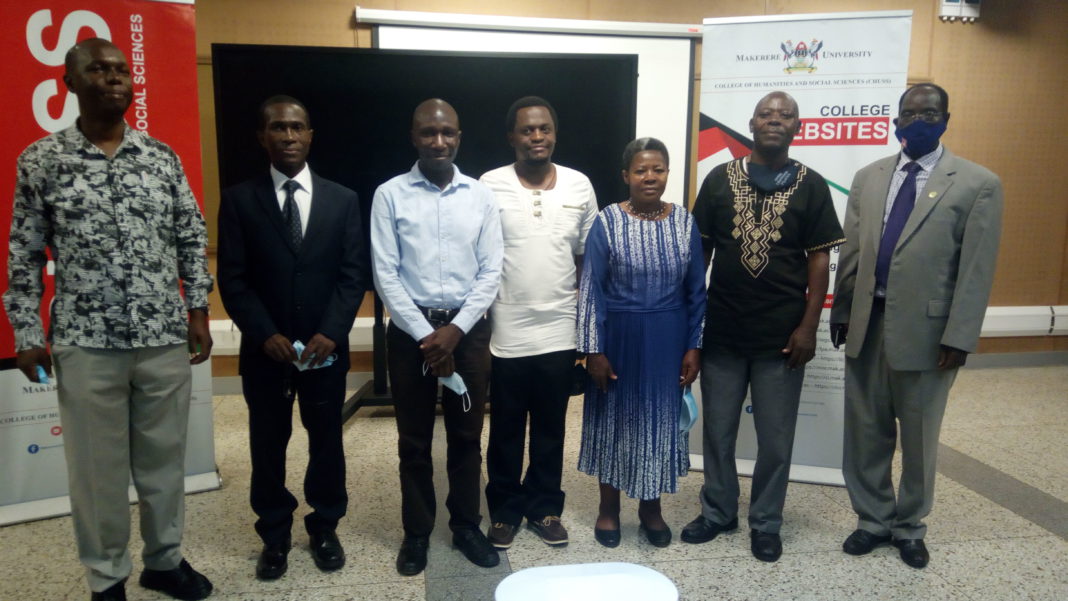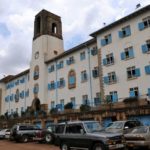Researchers at Makerere University have cautioned against destroying indigenous languages and emphasized that there is a need to preserve them to avoid their extinction.
The researchers from the Department of Linguistics, English and Communication skills, through their research project titled Corpus Development of So Language for community Empowerment (2020), argue that if any culture is to be preserved, languages should be preserved.
Dr. Celestino Orikiriza, the Principal Investigator of the study, revealed that a number of languages in Uganda face extinction if no action is taken to preserve them. One of such languages is ‘So’, commonly known as Tepeth that is spoken by sections of the population in the districts of Moroto, Nakapiripirit and Napak in Karamoja sub region.
Orikiriza further reveals that they found out from young people that even some of the parents who knew the language cannot teach their children in fear of exposing them to harm from neighboring people of Karamoja.
According to the 2016 population census by the Uganda Bureau of Statistics, the language is spoken by 23,422. However research shows that hardly 100 people can speak the language fluently.
This is partly attributed to the marginalization of the ‘So’ community, insecurity, existing economically and socially viable languages, lack of curriculum for the language and intermarriages. Research further shows that the fluent speakers of ‘So’ are old people and there is hardly transmission of the language to the young generation.
Dr Saudah Namyalo, the Dean, School of Languages, Literature and Communication reveals that, documenting the languages will bring a chance to have information and then use it as reading materials.
“Many of the Ugandan languages, including those that are widely spoken like Runyakitara and Luganda are not well documented. Languages form what we are. Without them our identity is lost. It is therefore incumbent upon us to preserve our languages to save them from extinction.”
According to Oriikiriza, the study will serve as a source of data for use in describing the linguistic nature of the language, establishing its spelling system, compiling its vocabulary in dictionary form, and writing the literature, culture, and history of the people using their language.
Michael Wangotta, a co- investigator Researcher said that they found out that people from these endangered tribes feel marginalized, despised and they said the government seems to have ignored them. Therefore, researchers want to task the government and academicians to care for them, and that they can partner with them to bring life into their languages.
Bernard Lubega, the assistant commissioner for culture and family affairs at the ministry of Gender, Labor and Social development said that in every culture, language is very important, therefore, it needs to be preserved.
“Ladies and gentlemen, all you should know is that if you want to destroy the community, destroy the language and if you want to promote it, preserve the language”. Lubega asserts. He adds that the cultural policy of the government has 10 priority areas and one of them is about languages. “Government undertakes initiatives to ensure that we protect and promote our culture through our languages.
Michael Lokawuo, the former Member of Parliament for Moroto Municipality expressed gratitude to the researchers noting that the study was timely and would largely complement their efforts in preserving the language.
Lokawuo says that in his area, the deterioration stands at 10 percent which is so worrying to So speaking natives.







